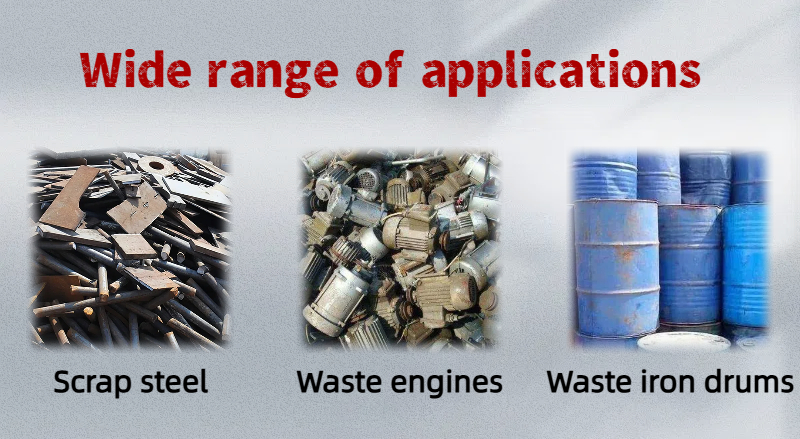The global surge in end-of-life vehicles (ELVs) is driving unprecedented demand for specialized shredders, making automotive recycling a high-growth niche for shredder exporters. With over 50 million ELVs generated annually worldwide—according to the International Automobile Recycling Association—shredders have become indispensable equipment for extracting valuable metals (steel, aluminum) and reducing waste volume, creating targeted opportunities for foreign trade businesses.
Key regional trends highlight diverse market needs. In Europe, strict ELV recycling regulations (requiring 95% material recovery by 2025) push recyclers to adopt high-efficiency double-shaft shredders. These machines handle mixed automotive parts—from engine blocks to steel frames—with precision, producing uniform metal scraps that sell at 15-20% premium to non-shredded materials. German and French recyclers, in particular, prioritize shredders with CE certification and low energy consumption (below 50KW), as eco-compliance directly impacts business eligibility.

North America, home to 14million annual ELVs, focuses on heavy-duty single-shaft shredders for large components like truck cabs and chassis. U.S. recyclers demand machines with PLC control systems (for real-time load monitoring) and quick blade replacement designs—critical for minimizing downtime. Data shows that shredders equipped with these features reduce operational costs by 28% compared to standard models, explaining why 68% of North American buyers list them as must-have functions.
Asia Pacific, led by China and Japan, is emerging as a fast-growing market. China’s "Automotive Industry Development Plan" mandates ELV recycling rate hikes, spurring demand for affordable medium-sized shredders(30-40KW) that fit small-to-medium recycling workshops. Japanese recyclers, meanwhile, prefer corrosion-resistant shredders (with stainless steel components) to handle humid coastal conditions. In 2025, Southeast Asia’s automotive recycling shredder demand is projected to grow by 32%, driven by rising car ownership and infrastructure development.
For foreign trade enterprises, tailoring products to regional needs is key. Emphasize CE certification and energy efficiency for Europe, durability and smart controls for North America, and cost-effectiveness for Asia Pacific. Additionally, offering after-sales support—such as blade replacement kits and on-site training—builds long-term trust. As global automotive recycling expands, shredder suppliers that specialize in this niche will gain a competitive edge in 2025 and beyond.




